Donald Trump’s recent proposal to eliminate the U.S. debt ceiling has stirred significant controversy, showcasing a readiness to gamble with the nation’s financial health. By advocating for the removal of what he describes as a “meaningless” or “psychological” limit on federal borrowing, Trump is essentially asking for a carte blanche to spend without regard to future financial implications, leaving future generations to manage the resultant debt.

The debt ceiling has traditionally acted as a fiscal guardrail, compelling Congress to confront the ramifications of its spending decisions. Trump’s dismissal of this mechanism underscores a worrying disregard for fiscal accountability. According to the Committee for a Responsible Federal Budget, Trump’s various plans could add as much as $15 trillion to the national debt over a decade. Instead of addressing the root causes of America’s economic challenges, his suggestion leans towards perpetual borrowing, which could exacerbate issues like inflation, economic volatility, and an overwhelming debt burden for future Americans.
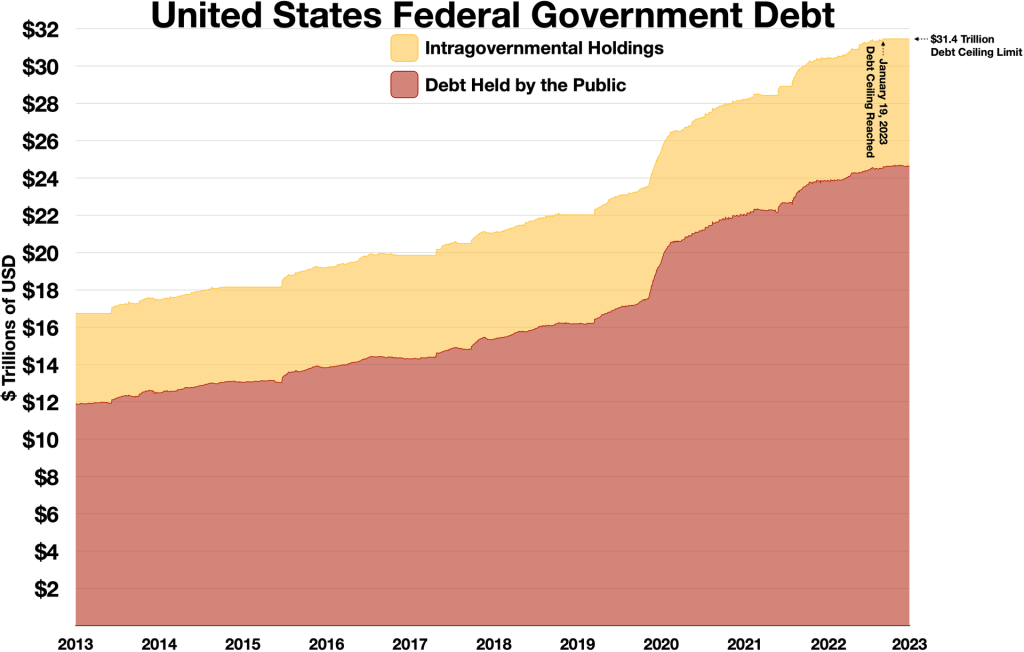
Trump’s push to eliminate the debt ceiling while Joe Biden is still in office seems calculated. By doing so, he aims to shift the political blame to his opponent, ensuring that any immediate economic fallout does not mar his potential second term. This isn’t about averting economic crises but about evading responsibility. Trump has stated his desire not to have this issue cloud his administration, suggesting a strategy more focused on political maneuvering than economic stewardship.
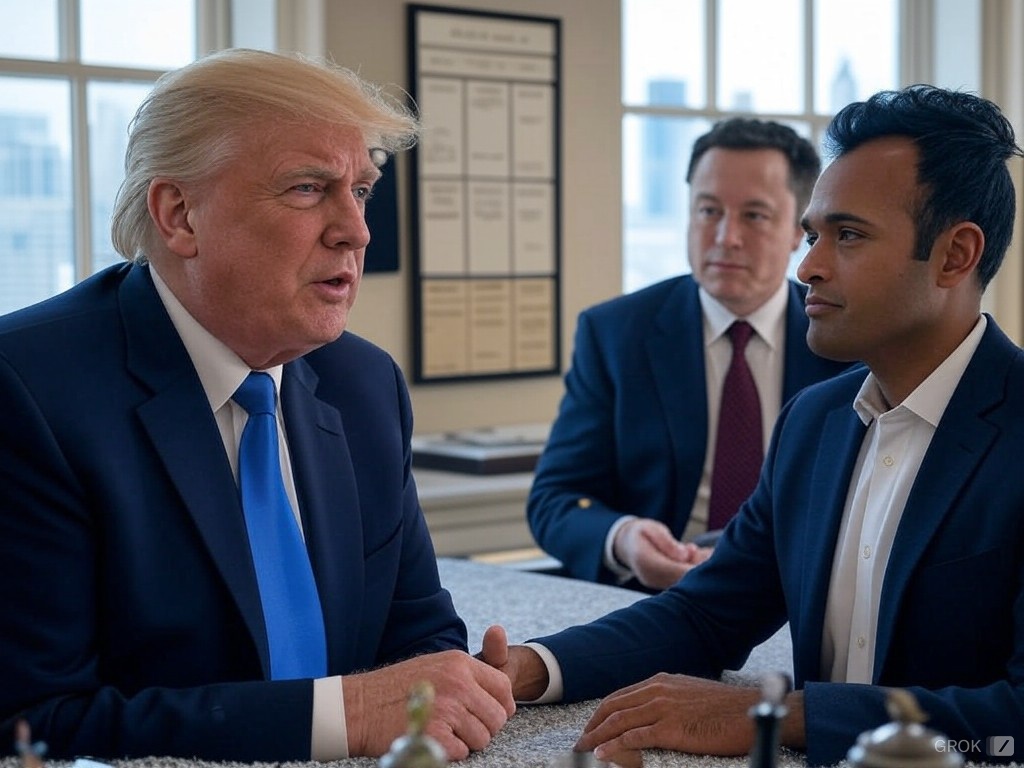
The alignment with Elon Musk in this endeavor adds another layer of concern. Musk, who benefits from government policies like tax incentives and deregulation, supports Trump’s stance against the debt ceiling. Their combined influence seeks to manipulate fiscal policy for their benefit, potentially at the expense of the broader public interest. This partnership raises questions about whose interests are truly being served by such a policy shift, especially given Musk’s public criticisms of government spending bills that include measures not directly aligned with his business interests.
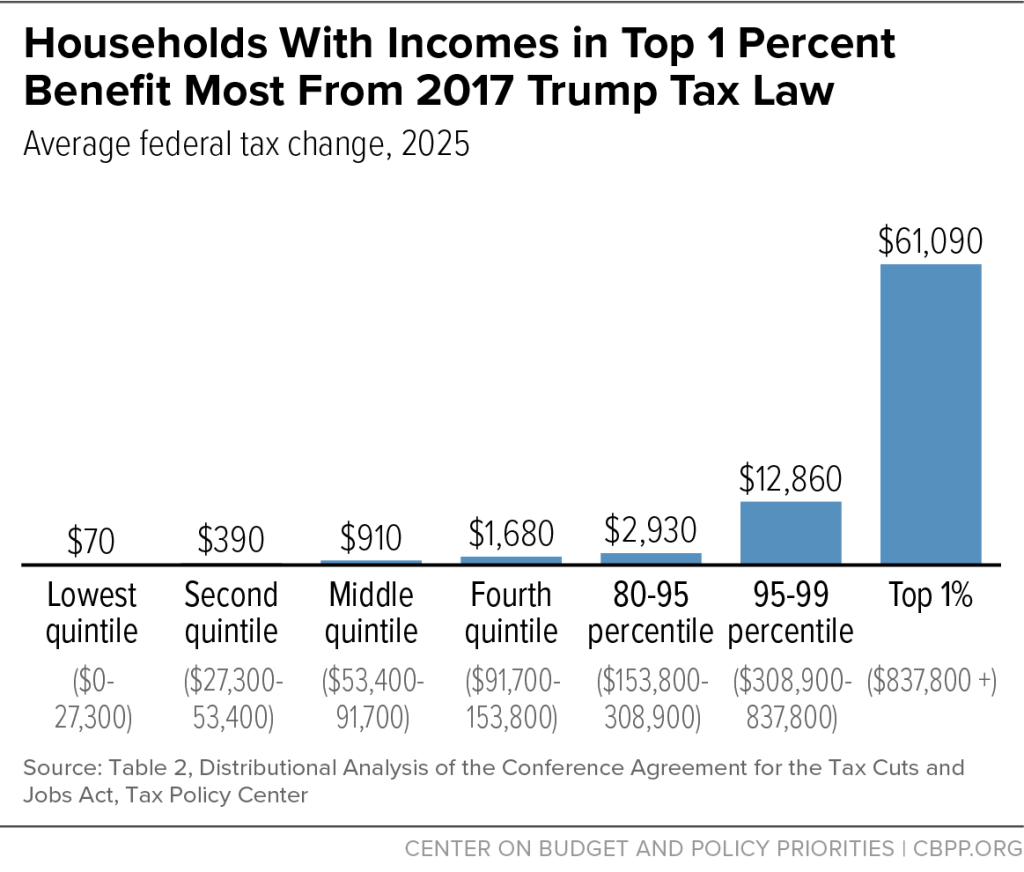
Trump’s justification for eliminating the debt ceiling is fraught with inconsistencies. He simultaneously warns of economic depression if the ceiling isn’t lifted yet trivializes its importance, calling it something that “means nothing.” This rhetoric might be intended to obscure the real impact of his proposal: unchecked borrowing that could disproportionately benefit the rich while increasing the economic load on average citizens. The Committee for a Responsible Federal Budget has also highlighted that Trump’s fiscal policies during his first term, including tax cuts, have already contributed significantly to the national debt, suggesting that removing the debt ceiling could further inflate this issue.
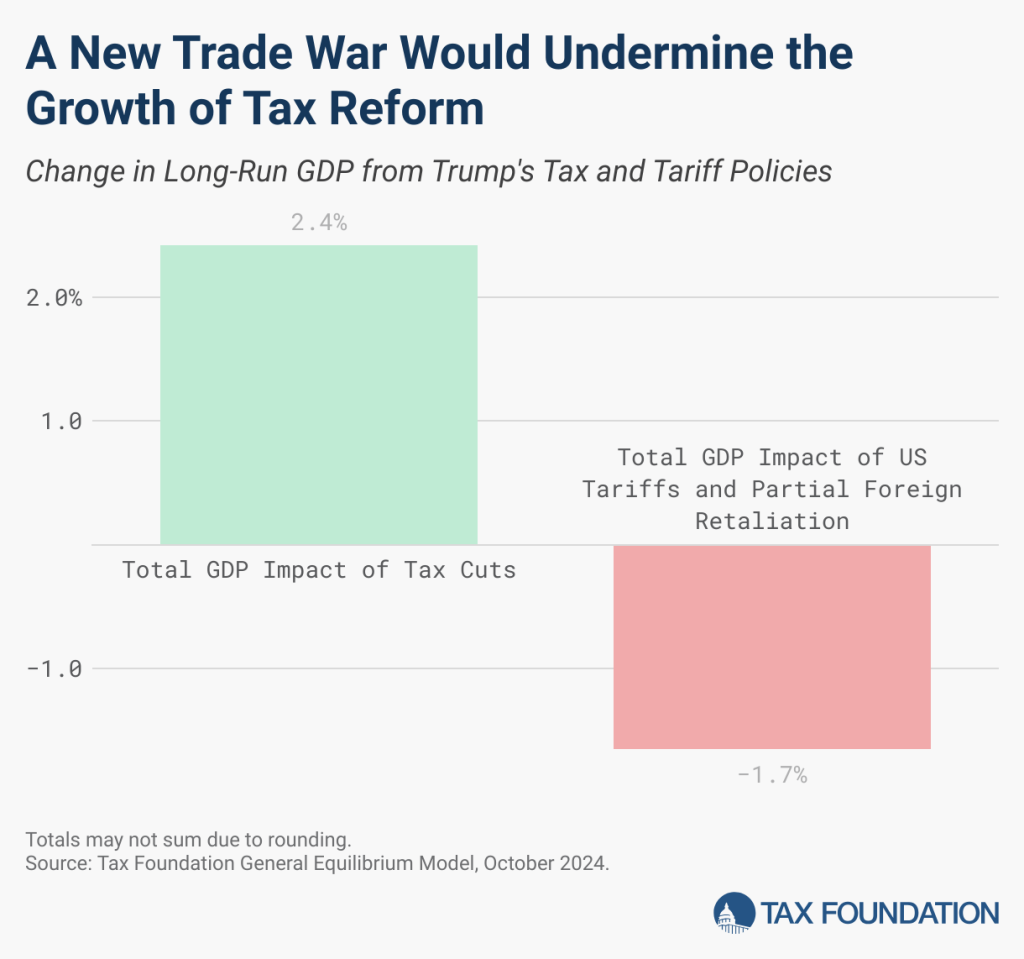
The proposal isn’t about supporting farmers or aiding in disaster relief, as Trump might suggest. These claims serve as a veneer for an agenda that prioritizes immediate political gains over the nation’s long-term financial stability. Eliminating the debt ceiling could lead to inflation, higher taxes, cuts in public services, and a weakened economic position. The Tax Foundation’s analysis has indicated that Trump’s proposed tariffs and tax policies could offset much of the economic benefits from his tax cuts, potentially leading to reduced economic growth and increased debt.
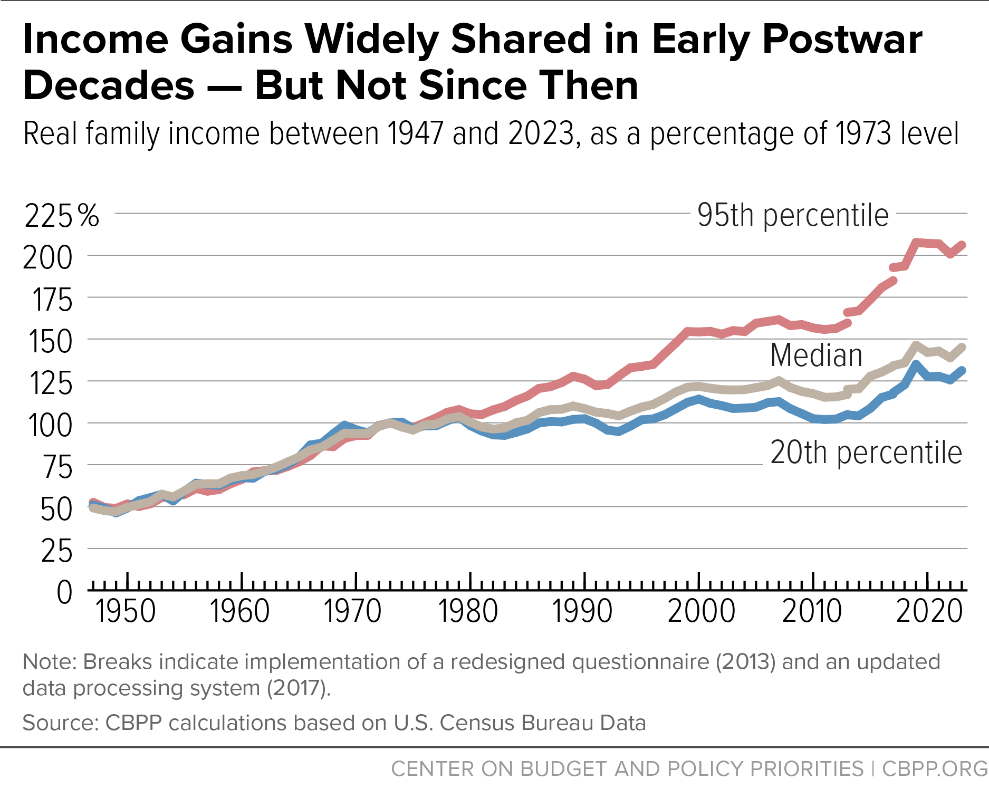
Trump’s advocacy for a no-limit credit card for the government isn’t a display of leadership but rather an exercise in power. It leverages the U.S. economy for personal and political gain, with potential detrimental effects for future generations. Musk’s involvement further highlights how this policy could favor the elite, leaving the general populace to deal with the fallout. The wealthiest in this nation are set to continue increasing income inequality.

The American public should recognize Trump’s and Musk’s initiatives for what they are: a risky bet with the nation’s economic future for short-term political advantage. Eliminating the debt ceiling isn’t a solution; it’s a dangerous strategy that sacrifices fiscal prudence for political gain. The burden this would place on future Americans should not be underestimated, as they would be left to manage a legacy of unchecked governmental expenditure.





